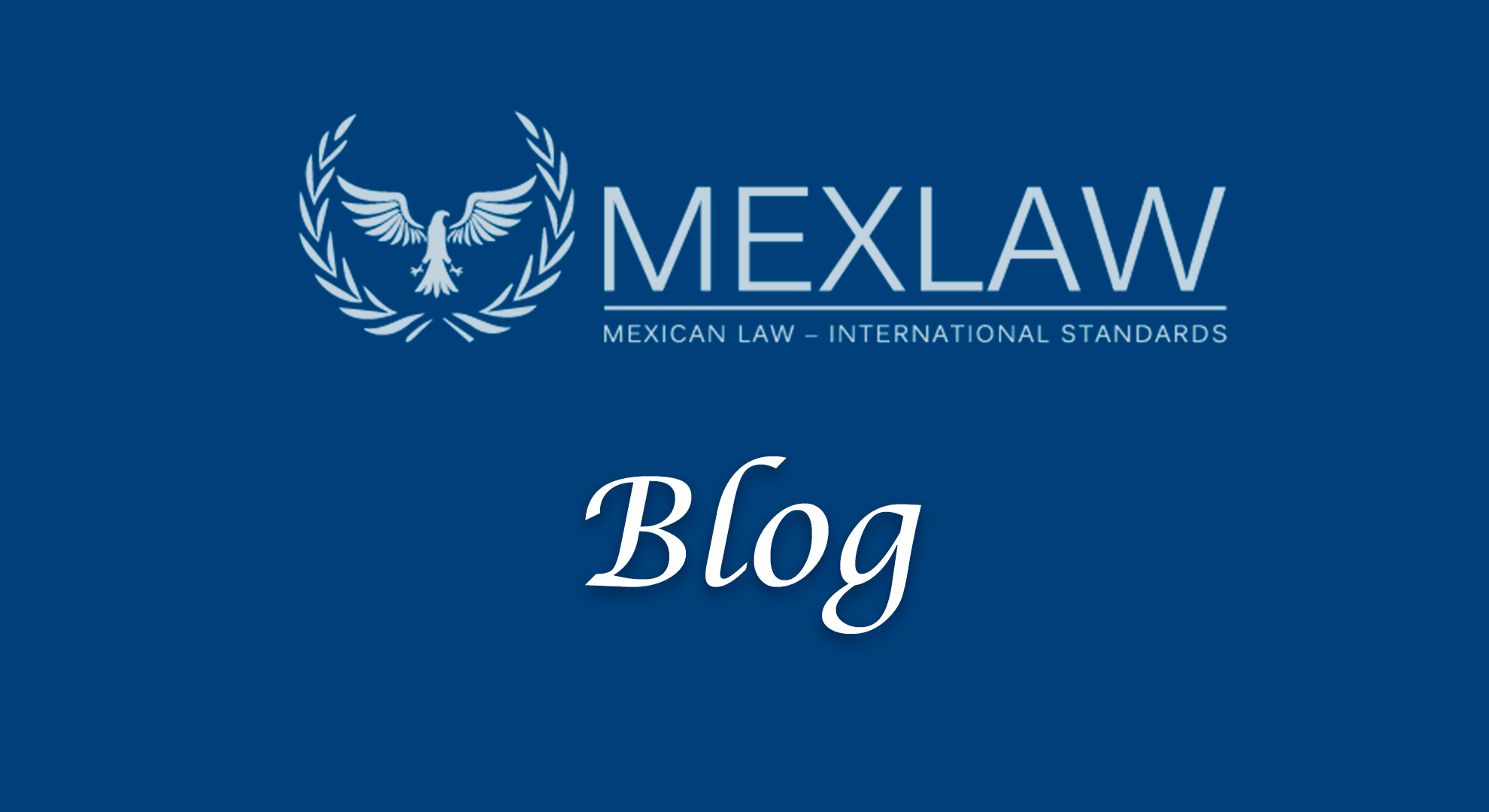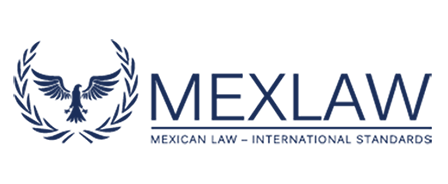Understanding the Process of Being Accused of a Crime in Mexico

As a traveler or an expat living in a foreign country, you need to be aware of the laws and the legal procedures of that state. Being accused of a crime in a foreign country can be a frightening and costly experience, and it becomes even more worrisome when you do not know the process or the rights that are available to you. If you are arrested, the state will assign a public defender if you can not afford a lawyer. However, having a private defense lawyer is of great importance, since you may face criminal charges in which your rights could be violated, and you will have to fight to have a legal and fair trial.
It is important to understand that the Mexican jurisdiction has authority over foreign laws. However, the New Criminal Justice System which came into effect on June 18th, 2016 allows victims and accusers to have a more expeditious and fair procedure where legality, publicity, orality, immediacy and continuity of judgment have provided high hopes in this new system, and innocence is now presumed until proven otherwise.
Serious Crimes
Once the complaint is formally presented by the victim, the investigation will officially begin with the objective of accusing the suspect and bringing him/her to trial. The Office of the Prosecutor will initiate the investigation, and the defendant’s freedom will depend on the seriousness of the crime of which they are accused. If the crime is as grave as homicide, rape or robbery, the accused will be arrested by the ministerial police who will present an arrest warrant and hold the accused in a temporary prison during the investigation stage. As the defendant, you will be entitled to one phone call and a translator.
Fraud, Discrimination, Harassment and Causing Injury
If it were a complaint of an offense such as fraud, discrimination, harassment, or injury the ministerial police would appear at your home to advise you that you have been accused of a crime and that an investigation has been initiated.
At all times you should remain calm and not talk until your lawyer arrives. It is recommended to contact an experienced lawyer so that they may advise your embassy and assist in your defense.
Once it is determined that the necessary evidence is collected for a prosecution, the Prosecutor will formally charge the defendant, and the Control Judge determines if the Prosecutor’s Office has submitted sufficient evidence to issue an indictment to process. Whether the accused is held in detention or released will be dictated by the Judge.
If the defendant is formally accused by the Prosecutor’s Office and considered imputed, they initiate the second stage of the procedure. The Prosecutor’s Office must gather the pertinent, and necessary evidence to prove the accused is guilty.
In the case of misdemeanors, alternative exits may be applied such as alternative justice (mediation,) conditional suspension or an abbreviated process to avoid going to trial. In the same way, a reparatory agreement can be reached. Alternative justice for minor disputes prevents the dispute from going to trial.
The last stage is the Oral Trial, which will be conducted through a public hearing in Spanish where the Office of the Prosecutor along with the victim, the defense and imputed will discuss their different positions and present the relevant evidence to reach a sentence. The trial will be chaired by three judges who will not have knowledge of the case, with the objective of listening to the parties to issue a statement which must be explained in a transparent, precise manner so that both parties understand the scope of the law.
It is worth mentioning that carrying out a trial in Mexico is a slow, costly process and without proper representation, an innocent defendant could be found guilty.
If you are a victim of a crime or have been accused of one, Mexlaw has the most experienced English and Spanish speaking lawyers in Mexico for your best defense: contact@mexlaw.ca or call (984) 803-1240.


